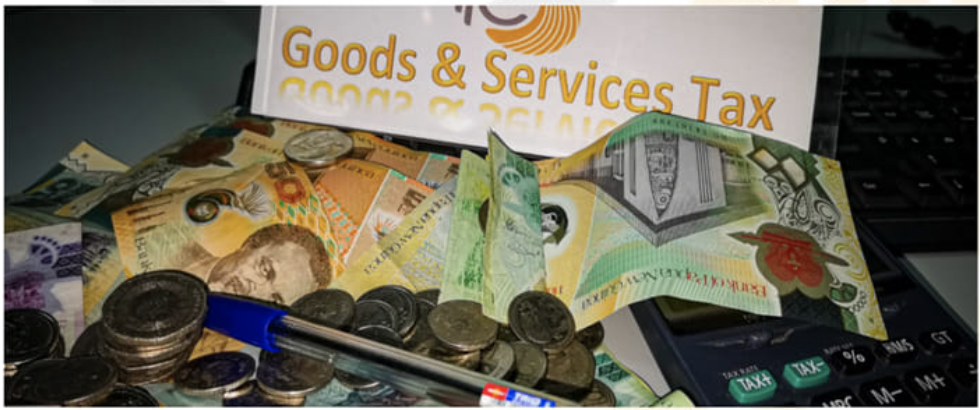Reducing Employment Tax and Providing Job Employment for PNG

I trust this Post finds you well and thriving. I’ve been giving considerable thought to the challenges our beloved Papua New Guinea (PNG) faces and the role we, as citizens, can play in shaping a brighter future. Here are some ideas that I believe could make a significant impact:
1. Economic Empowerment Through Tax Reforms:
As fellow citizens of PNG, we’re well aware of the economic challenges our country faces. What if we collectively advocate for a reduction in employment tax and GST? Lowering these taxes could stimulate economic growth, making it more affordable for businesses to operate and hire, ultimately benefiting us all.
2. Visionary Goals for Wealth Creation:
How about setting visionary goals to create wealth in PNG? I’m thinking of a target to generate 1 million millionaires through strategic economic policies and incentives. This could drive wealth distribution and foster a more equitable society for us and future generations.
3. Agricultural Focus for Economic Diversification:
Agriculture is a vital sector with untapped potential. As citizens deeply rooted in our country’s soil, we could explore policies that encourage entrepreneurship, sustainable farming practices, and the development of agricultural value chains. Empowering individuals to become agriculture entrepreneurs (perhaps setting a target of 100,000) could drive innovation and economic diversification.
4. Personalized Solutions for Cost of Living:
Considering the high cost of living in Port Moresby, what if we advocate for regulations on prices for goods and services, real estate, and garden products? This could protect us from exploitation and ensure more financial stability for our fellow citizens.
5. Supporting Small and Medium-sized Enterprises (SMEs):
SMEs are the backbone of our economy. As PNG citizens, let’s focus on policies and initiatives that nurture small and medium-sized enterprises, the primary job creators in our country.
Small and medium enterprises (SMEs) and millionaires can play a significant role in developing a country. SMEs are the backbone of the economy, providing jobs and generating income. Millionaires can invest their wealth in businesses, infrastructure, and social projects.
Here are some specific ways that SMEs and millionaires can help a country develop:
- Create jobs and employment opportunities: SMEs are the largest source of employment in most countries. They account for a significant share of GDP and exports. By creating jobs and employment opportunities, SMEs can help to reduce poverty and improve living standards.
- Boost economic growth: SMEs are a major driver of economic growth. They contribute to innovation and technological advancement. They also help to diversify the economy and reduce reliance on primary industries.
- Promote entrepreneurship: SMEs are often founded and run by entrepreneurs. Millionaires can support entrepreneurship by investing in startups and providing mentorship and guidance.
- Invest in infrastructure and development projects: Millionaires can invest their wealth in infrastructure and development projects, such as roads, bridges, schools, and hospitals. This can help to improve the quality of life for all citizens and create a more conducive environment for businesses to operate.
- Support social projects: Millionaires can support social projects, such as education, healthcare, and environmental protection. This can help to improve the well-being of the population and build a more resilient society.
Examples of how SMEs and millionaires have helped countries develop:
South Korea:
Singapore:
Singapore invested heavily in education and training to create a skilled workforce. This attracted foreign investment and helped to develop the country’s economy.
Living in Port Moresby has become increasingly expensive, with costs surpassing even those in New York City. From accommodation to daily expenses, it’s putting a strain on our fellow citizens, and I can’t help but feel concerned.Possible Paths Forward:
I’m thinking, what if we delve into advocating for regulations on prices, especially for essentials? This could be a step toward easing the financial burden on families. Alongside that, the reduction of taxes could mean more money in people’s pockets, addressing the immediate challenges they face.
Government regulation of real estate prices, rental units, and food prices can help a country develop in a number of ways:
Promote affordability:
Examples of countries that have used regulation to promote development:Singapore:
It is important to note that regulation can also have negative consequences if it is not implemented carefully. For example, excessive regulation can stifle innovation and investment. It is also important to ensure that regulation is fair and equitable. For example, rent control can lead to shortages of rental units if it is not implemented carefully.
I truly believe that even small actions can contribute to significant change. As fellow citizens, our collective voice and advocacy can be a powerful force for positive transformation.Thank you for your time and consideration. Here’s to a shared vision and collaborative efforts for a better Papua New Guinea! read more>>